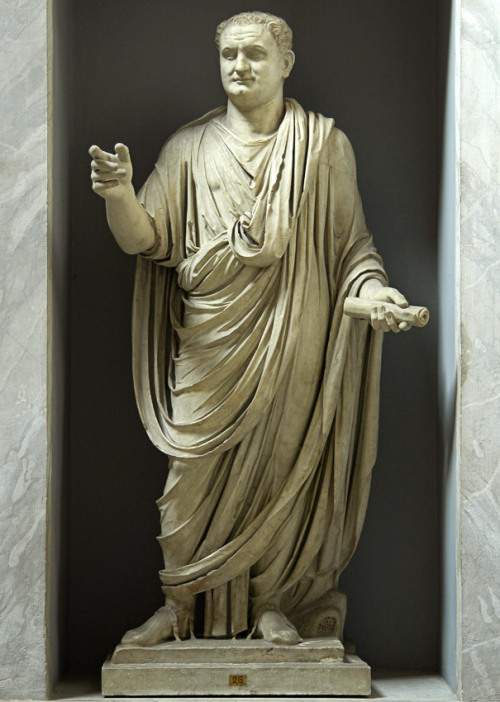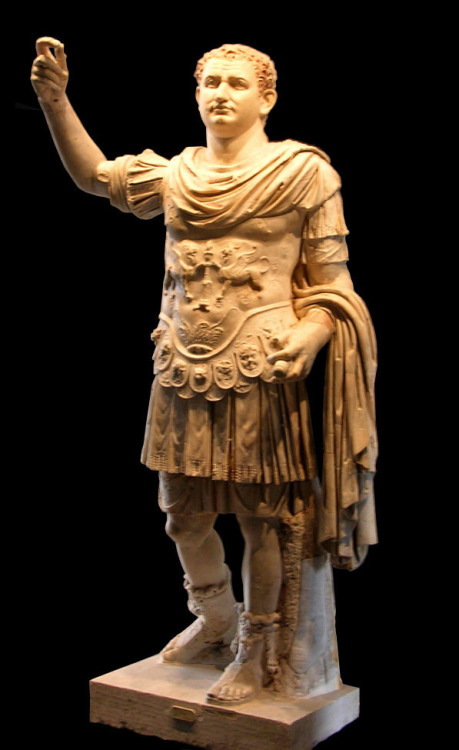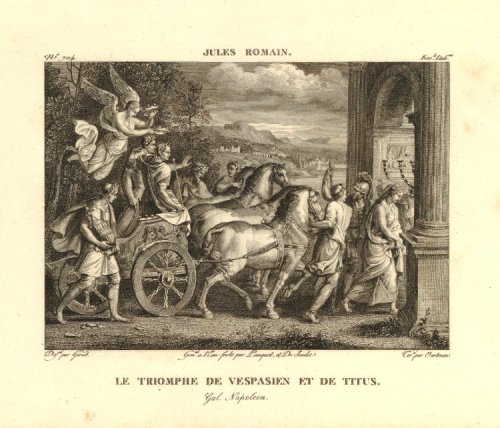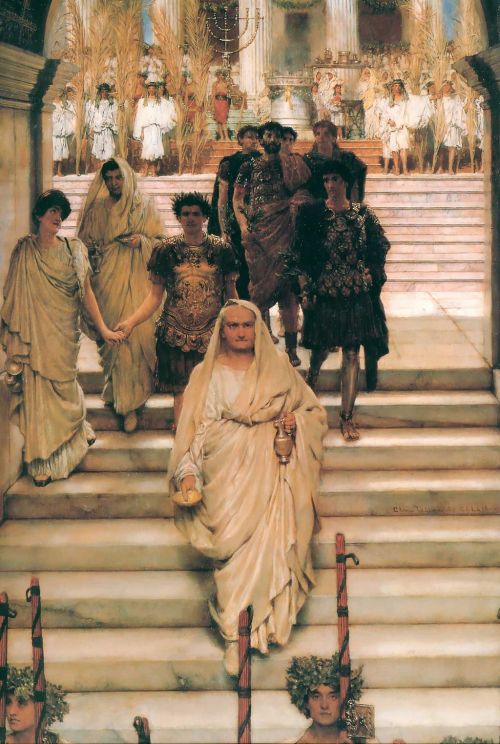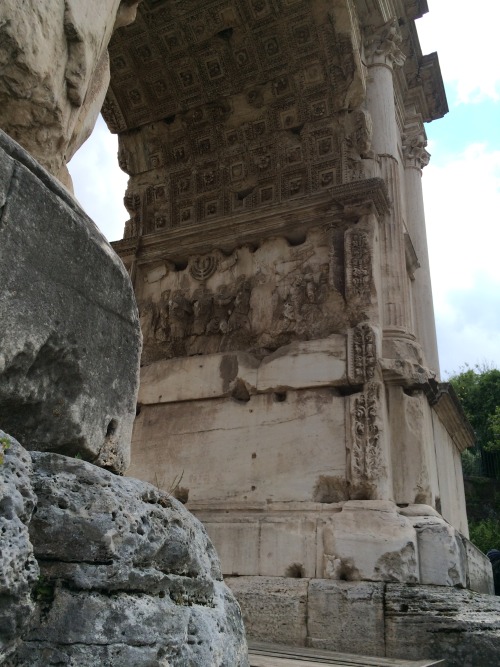italianartsociety:By Alexis CulottaRoman Emperor Titus died on 13 September 81 CE. Succeeding his bi
italianartsociety:By Alexis CulottaRoman Emperor Titus died on 13 September 81 CE. Succeeding his biological father, Vespasian, in the rule of Rome in June 79 CE, Titus was most noted in his day for his siege of Jerusalem in 70 CE as well as for his completion of the Colosseum in 80 CE. Titus’ military career began in 57 CE when he served as military tribune for campaigns in Germania, but it was not until later campaigns into Judea that Titus’ skill as a military strategist was fully realized. Taking advantage of a Jerusalem in the midst of its own civil war, Titus decimated the city and its population, plundering its spoils for his triumphant return to Rome in 71 CE. Setting military might aside, Titus was also known for his compassion for Roman citizens, as attested to in his organized donations in response to the disastrous eruption of Mount Vesuvius in 79 CE. His tenure as emperor was brief, as a sudden fever resulted in Titus’ death at the age of 42. He was succeeded by his brother, Domitian, who served as emperor until 18 September 96 CE. Further Reading: Brian W. Jones, The Emperor Titus (Palsgrave Macmillan, 1984). Titus, 1st century CE. Marble. Vatican Museums, Rome. Titus, 1st century CE. Marble. National Archaeological Museum, Naples. after Giulio Romano, The Triumph of Vespasian and of Titus, c. 1804-1815. Engraving. British Museum. Sir Lawrence Alma-Tadema, The Triumph of Titus, 1885. Oil on canvas. The Walters Art Museum, Baltimore. View of interior of the Arch of Titus, with relief panel depicting The Siege of Jerusalem, 82 CE. -- source link
Tumblr Blog : italianartsociety.tumblr.com
